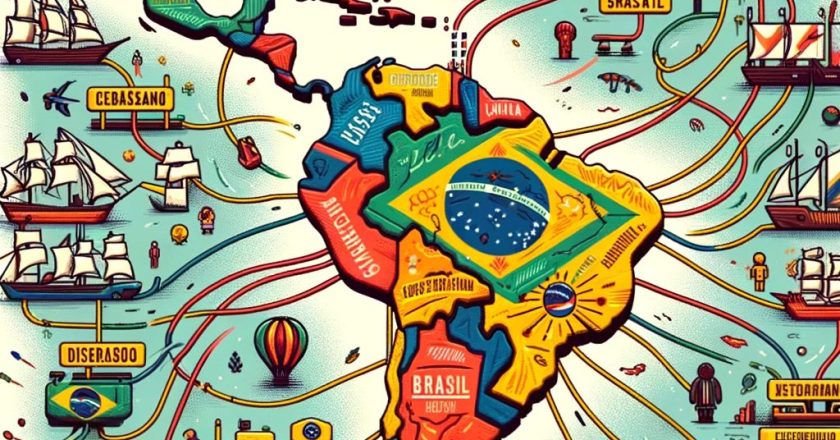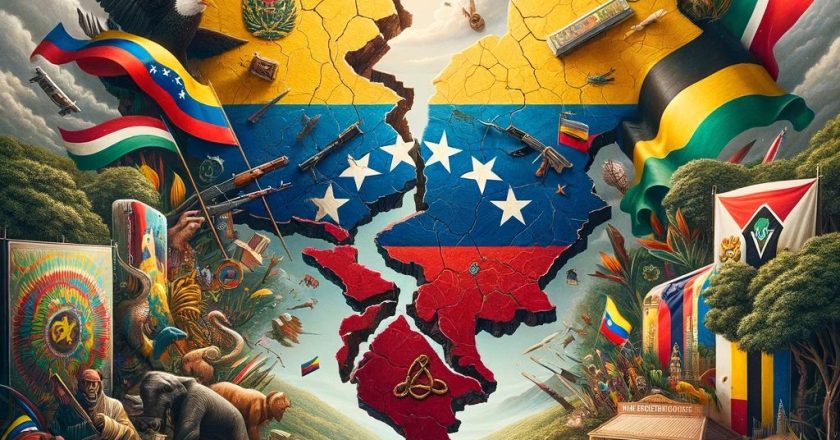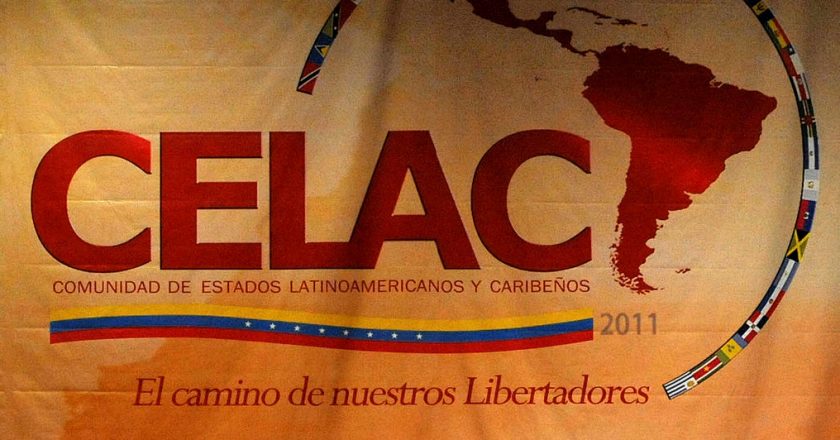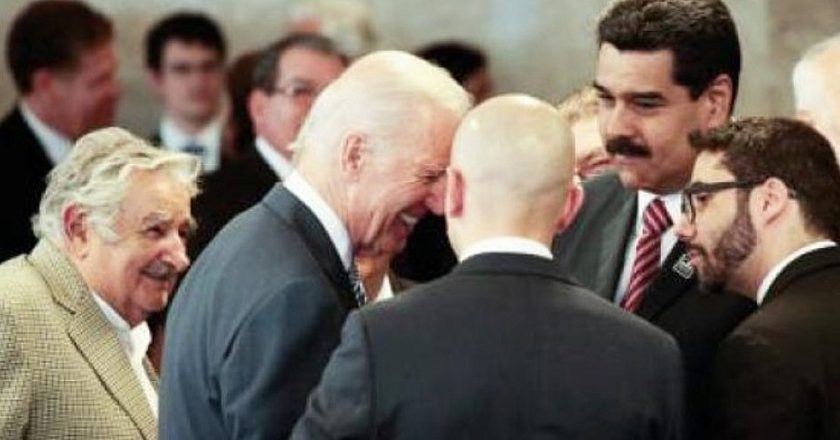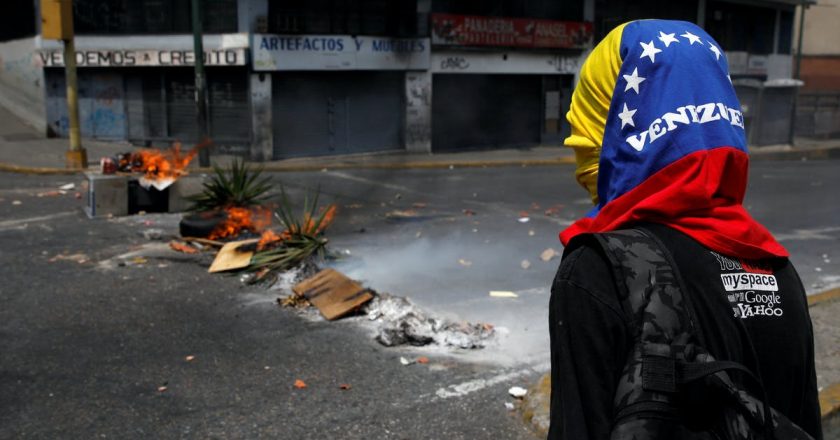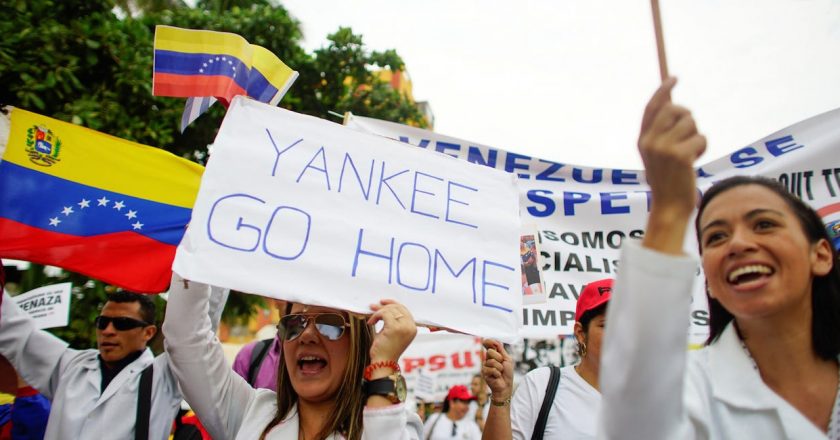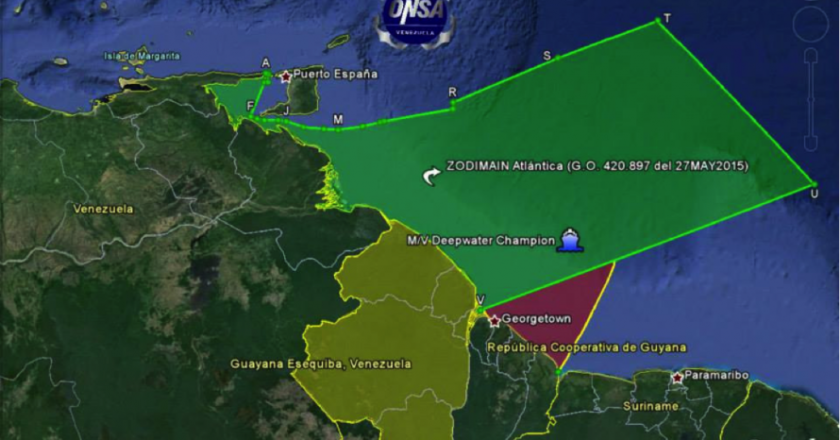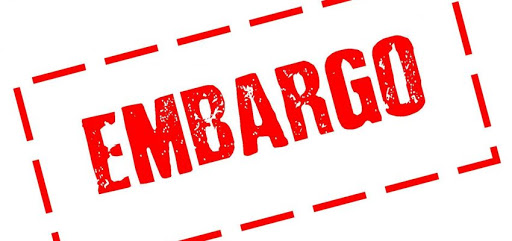Americas, Cuba, U.S, Europe, Will, International Organizations, Middle East, Russia, European Union, Venezuela
Monetary supremacy: US and European control over the global financial system
The dominance of the international monetary and financial system by the United States and Europe constitutes one of the most significant manifestations of power on the contemporary world stage.. This article explores how this joint hegemony has been employed as an economic weapon against countries that challenge Western interests., illustrating the impacts of this dynamic through concrete examples such as Cuba, Russia, Iran and Venezuela.
In Cuba, the prolonged imposition of sanctions by the US, with tacit support from European allies, underlines the West's ability to economically isolate a country. The embargo, reinforced by international financial measures, not only severely restricts the Cuban economy, but also its ability to operate within the global financial system, obviously...



